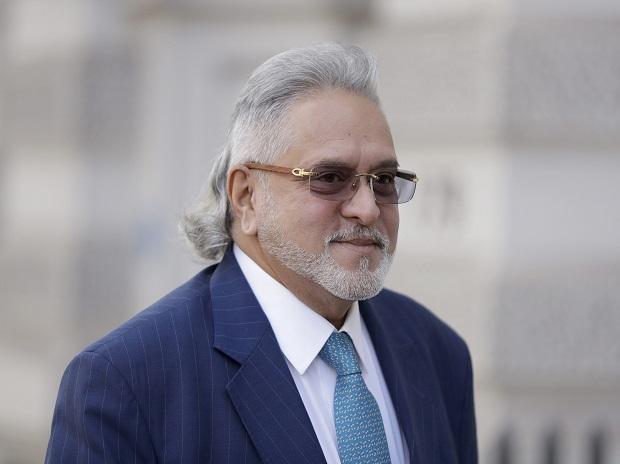As per British law, a bankruptcy trustee takes charge of a bankrupt person’s financial and physical assets
The Insolvencies and Companies Court of London High Court on Monday declared fugitive business baron Vijay Mallya a bankrupt person as per UK laws. Legal experts explain what this means for 65-year old Mallya’s personal liberties, his legal battle against extradition to India to face trial, and for the consortium of Indian lenders – at whose behest the bankruptcy proceedings were initiated in the UK courts.
What are the consequences for Vijay Mallya, lenders:
As per British law, a bankruptcy trustee takes charge of a bankrupt person’s financial and physical assets, including his credit, debit cards, bank accounts, etc. The trustee would reconcile all assets and liabilities to pay off debtors. Till a person is on the bankrupt list, there are restrictions on personal spending by the bankrupt person. Such a person would also need court’s permission to engage in business activities, or be part of a board of directors in a company.
“The obvious consequence is the likelihood of freezing of bank accounts and attachment of assets. Mallya would be required to hand over his assets. A further assessment of such assets against documented liabilities appears to be the natural and immediate consequence,” said Faisal Sherwani, partner at law firm, L&L Partners. However, legal experts point out that Mallya could take recourse to appeal against the Order in a higher court. The Order allows the consortium of Indian banks, led by the State Bank of India, to pursue a worldwide freezing order on Mallya’s assets to seek the repayment of debts owed by Kingfisher Airlines, said Sushmita Gandhi, partner, IndusLaw.

Comments
Post a Comment